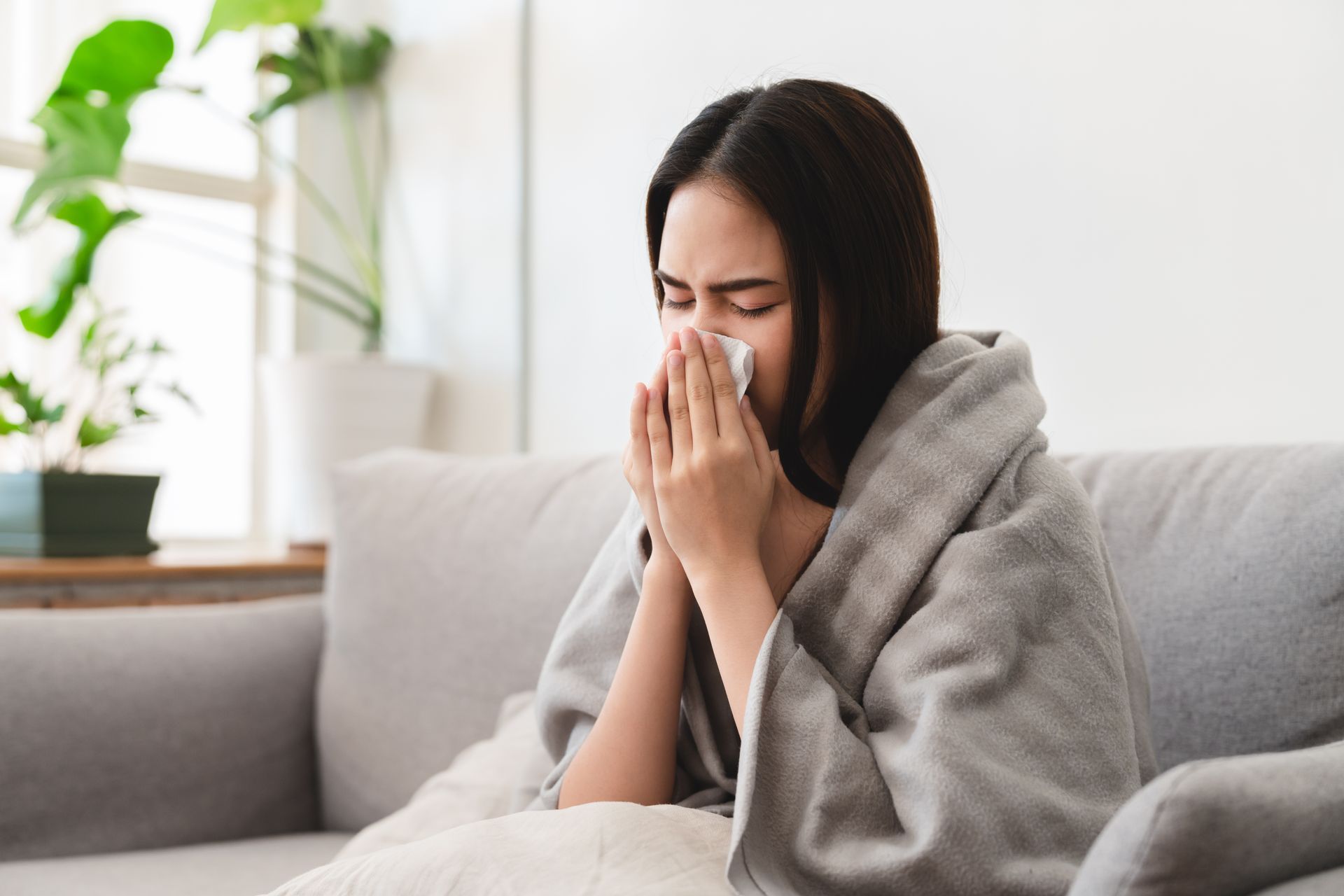5 Tips for Supporting a Healthy Immune System

Overview
Complex and remarkable, the immune system protects the body from invading bacteria and viruses that can cause disease.
Your immune system cells are actively consuming bacteria and preventing viruses from invading your cells that the naked eyes cannot see. It would be good if your immune system could guard against these typical, everyday bacteria. You can also take a few steps toward having a strong immune system, our body's first line of defense against illnesses.
We'll talk about what the immune system is and how it functions. We will also share 5 Tips for Supporting a Healthy Immune System.
What is the Immune System?
An immune system comprises many organs, white blood cells, antibodies, and chemicals. It defends the body from bacterial, viral, parasitic, and fungi pathogens that can cause infection, illness, and disease.
How Does the Immune System Work?
Scientists classify immune cells into two types, innate immune cells, and adaptive immune cells.
Invaders like bacteria and viruses grow and assault, causing infection, disease, and illness. The innate immune system includes cells and molecules identifying bacteria and other possible dangers like the intruders they fight off.
The second step of an immune response involves adaptive immune cells. The adaptive immune system has "immune memory," when cells see a pathogen that has previously entered the body. These cells help rid the intruder and make more copies of themselves to build a stronger defense in the future, so the body will be ready to fight off the pathogen if and when it resurfaces.
5 Tips on how to boost the immune system
The immune response is a bodily process you do not control, like your heartbeat or digestion. It will help if you focus on what helps build your immune system. Improving your chances of warding off some illnesses may only require making sensible lifestyle changes. In contrast, others may be more difficult and call for additional immune system boost.
- Get Plenty of Sleep.
Getting enough sleep boosts your immune system, which can help your body's defense mechanisms. Because your body regenerates and repairs as you sleep, getting enough sleep is essential for a strong immune system.
Your body controls essential immune cells and molecules when you sleep. Not having enough sleep lowers your immune system's ability to defend you against harmful invaders, which increases your risk of getting sick.
Sleep loss also increases
cortisol levels, which is detrimental to immunological function. As a result, our immune system degrades, and we have fewer resources to fight off or recover from illness.
To maintain a good immune system, achieve great sleep by avoiding factors that prevent you from falling asleep early. Ideally, adults should sleep between seven and nine hours every night for good health and boost immunity.
2. Exercise Regularly
Do not skip your physical activities., which is one way to keep the immune system strong. The release of
endorphins is increased by physical activity, making it a fantastic approach to alleviating stress. Since stress harms the immune system, this is another way in which exercise boosts immunological response.
Regular physical activity reduces the likelihood of contracting viral and bacterial infections and chronic conditions like type 2 diabetes, heart disease, and obesity.
Acute strenuous exercise dramatically affects the immune system's phenotype and functional capabilities. Indeed, practically all immune cell types in the circulation exhibit changed behavior during and after exercise.
3. Eat Nutritious Meals
How to improve your immune system? Focus on increasing the amount of plant-based foods in your diet to boost your immune system. Spices inhibit the growth of pathogenic and antibiotic-resistant bacteria and germs. Vitamin C and protein are also essential for immunological health. Many plant-based diets also fight infection.
Drink nutritious fluids such as water and minimize immune-suppressing, dehydrating beverages such as sugary drinks and alcohol.
4. Work for Stress-Free and Mental Harmony.
During short-term periods of stress, the body relies on chemicals like cortisol. Cortisol can stop the immune system from responding until the stressful situation has passed. As long as cortisol levels are persistently high, the immune system cannot protect the body from microbes such as viruses and bacteria that could cause illness.
Likewise, opportunities to laugh may reduce overall stress, decreasing your susceptibility to sickness. Moreover, do not overlook the importance of maintaining your relationships. Social bonds may result in a higher sense of social acceptance, which reduces stress hormone levels.
Relax. It is ideal to meditate, journal, and engage in calming activities you enjoy, such as fishing and painting.
5. Be Updated With Your Vaccinations.
Regular immunizations strengthen the immune system, enhancing the body's natural defenses against viruses and germs.
Generally speaking, memory immune cells and protective antibodies minimize over time. To maintain your immune response against certain infectious diseases, you must reintroduce your body to pathogens through regular vaccinations, such as booster shots.
Check With Your Doctor
So that you are always up-to-date with your vaccinations, please avail yourself of our Immunization service at
Houston Family Practice. Please select the highlighted link to make an appointment. You may also want to take advantage of our same-day appointment for comfort.











